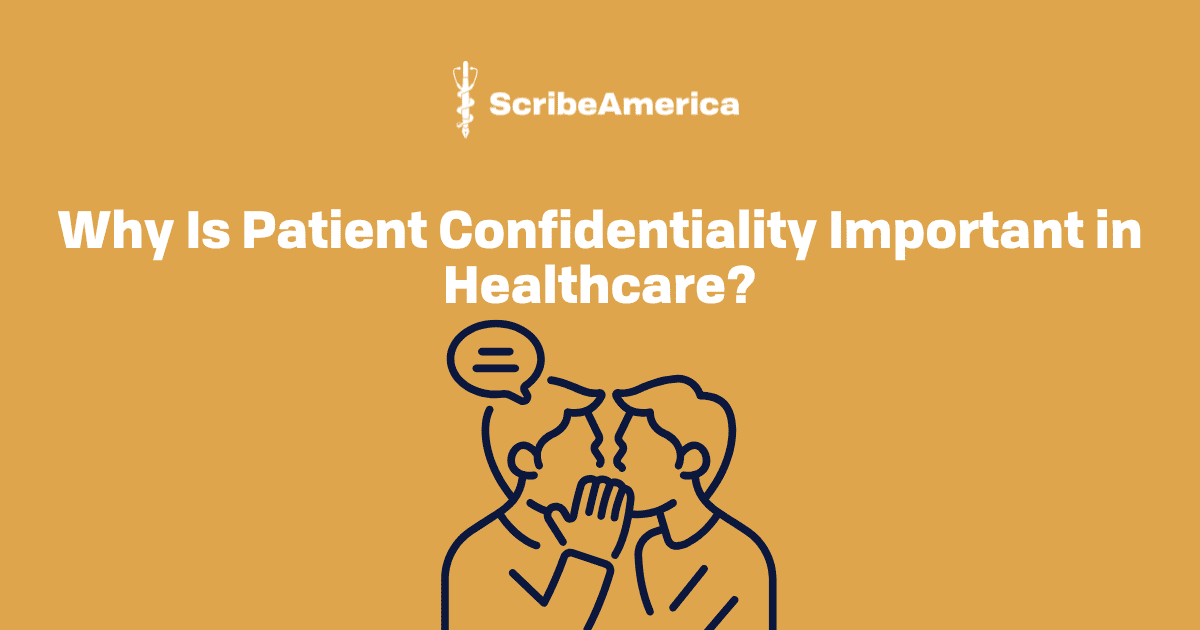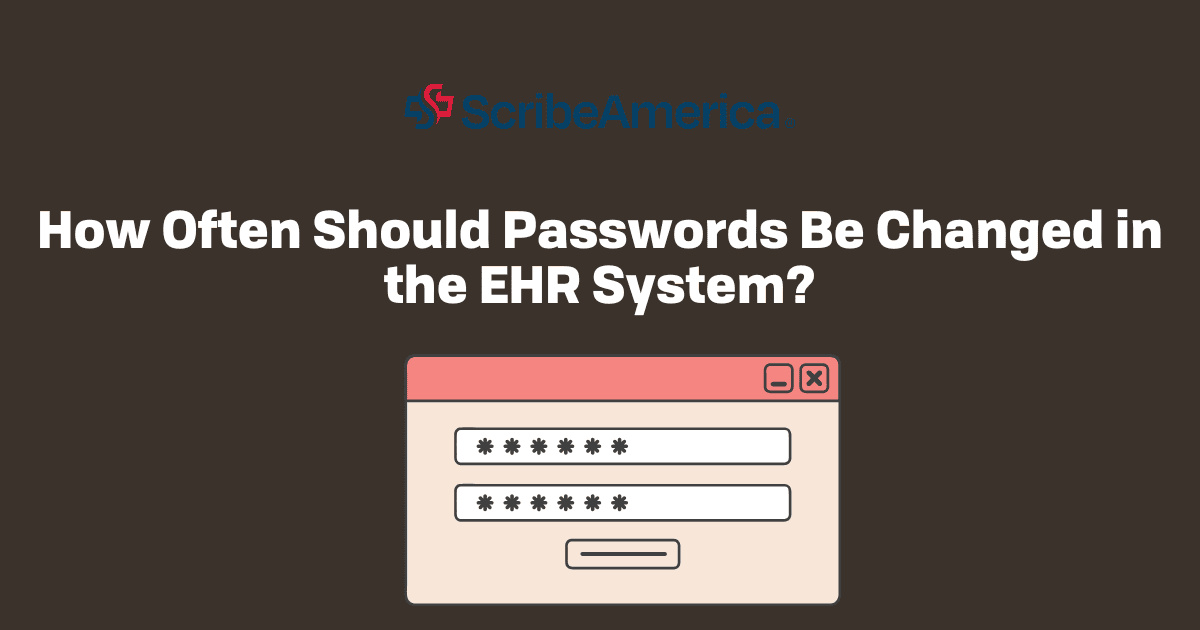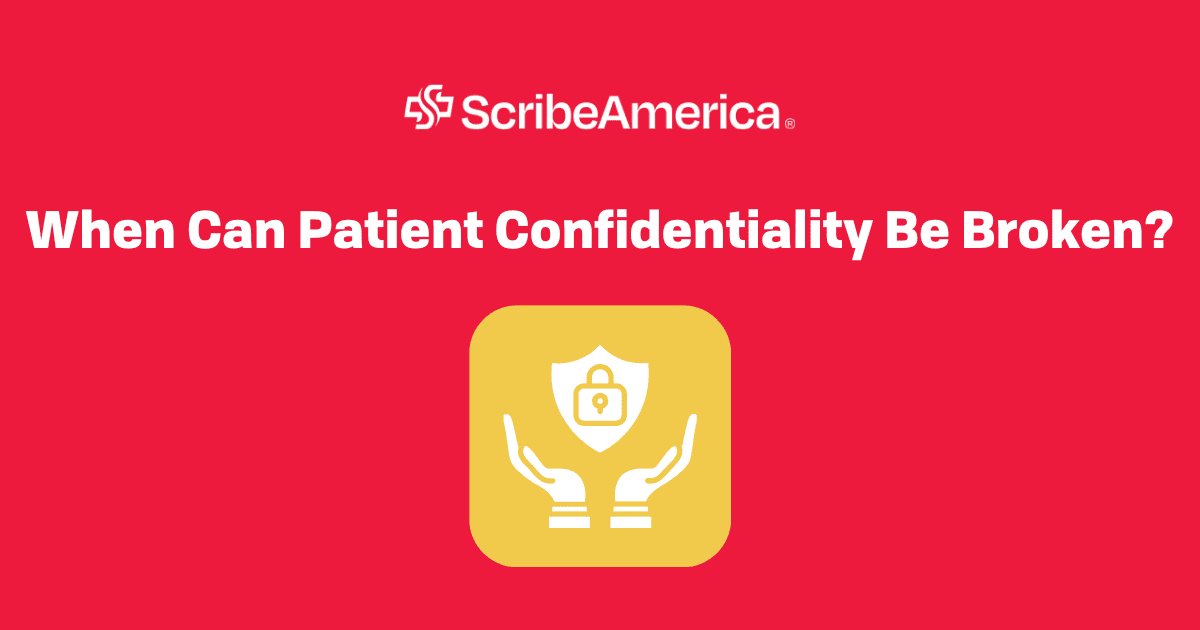Key points:
- Patient confidentiality is the foundation of trust, encouraging patients to speak openly for accurate diagnoses and safer care.
- It is a core ethical promise and a legal mandate, primarily enforced by the Health Insurance Portability and Accountability Act (HIPAA).
- Upholding confidentiality honors patient dignity and relies on the everyday choices of every healthcare professional.
We can safely state that trust is the foundation of every patient–provider relationship. When a patient walks into a clinic, sits down with a doctor, and begins to share the most personal details of their life, that trust allows healing to begin. This is why understanding why patient confidentiality is important in healthcare is at the very heart of quality care and human dignity.
Why is patient confidentiality important in healthcare?
So, why is patient confidentiality important in healthcare? Because it protects the bond between patients and their caregivers. When people seek medical attention, they often reveal things they wouldn’t tell anyone else – personal histories, family issues, mental health struggles, even fears they’ve never spoken aloud. If patients believed their information could be shared freely, many would hesitate to tell the truth, or worse, avoid care altogether.
Confidentiality ensures that patients can speak openly, knowing their details won’t end up in the wrong hands. This openness helps providers make accurate diagnoses, prepare better treatment plans, and ultimately deliver safer care. It’s not just about keeping secrets; it’s about creating an environment of respect and safety where healing can truly happen.
In today’s healthcare landscape, with electronic health records, telehealth platforms, and data-sharing systems, maintaining confidentiality has become both more important and more complex. But the principle remains the same: patients deserve control over who sees their information and how it’s used.
To learn more about what patient confidentiality in healthcare is, check our article.

The ethical and emotional core of confidentiality
At its core, confidentiality is an ethical promise. Healthcare professionals are bound by both moral duty, professional codes, and patient confidentiality law to protect patient information. From physicians to nurses, therapists to medical scribes, everyone in the healthcare ecosystem shares this responsibility.
When confidentiality is breached (either intentionally or accidentally), it can damage not only a patient’s trust but also their sense of safety. Imagine discovering that details from your medical record were discussed outside the clinic. That kind of violation cuts deep, and rebuilding trust after that can take time.
So, maintaining confidentiality means acknowledging that patients are more than their diagnoses. They’re individuals with privacy and dignity that deserve to be honored.
The role of law and regulations
Beyond ethics, confidentiality is protected by law. What federal law affects how health insurance is handled and matters of patient confidentiality? The answer is the Health Insurance Portability and Accountability Act (HIPAA).
HIPAA established national standards for protecting sensitive patient health information. It ensures that medical records, billing data, and any identifiable health information remain secure – whether they’re stored in a file cabinet or a digital database. Under this patient confidentiality law, healthcare providers, insurers, and anyone handling patient data must take strict precautions to prevent unauthorized disclosure.
HIPAA also gives patients rights over their own information. They can request copies of their records, ask for corrections, and control who has access. This legal empowerment reinforces the idea that patients are partners in their care, not passive subjects.
Violating HIPAA is serious and penalties range from hefty fines to criminal charges, depending on the severity of the breach.
How confidentiality shapes everyday healthcare
While laws like HIPAA set the framework, confidentiality is about everyday actions. It’s the receptionist lowering their voice when confirming an appointment. It’s the nurse locking their computer screen before stepping away. It’s the medical scribe documenting patient notes carefully, ensuring they remain visible only to the care team.
For organizations where medical scribes handle sensitive health data daily, confidentiality training should be a top priority. Scribes must understand how to document accurately without compromising patient privacy, especially in digital environments where information travels quickly.
Technology has made healthcare more efficient, but it’s also introduced new vulnerabilities. Cybersecurity, password management, and secure communication channels are now simply essential components of confidentiality.
The takeaway
When we ask why patient confidentiality is important in healthcare, the answer always comes back to trust. Confidentiality is simply the foundation of effective care. It gives patients the confidence to be honest, which allows providers to do their best work. The patient confidentiality law ensures that these values are upheld and enforced, even as healthcare grows more digital and complex. But true confidentiality depends on the everyday choices of every healthcare worker to treat patient information with the same care as the patients themselves.
In the end, confidentiality isn’t just about data protection. It’s about people, listening, and respecting the private stories patients trust us with.




